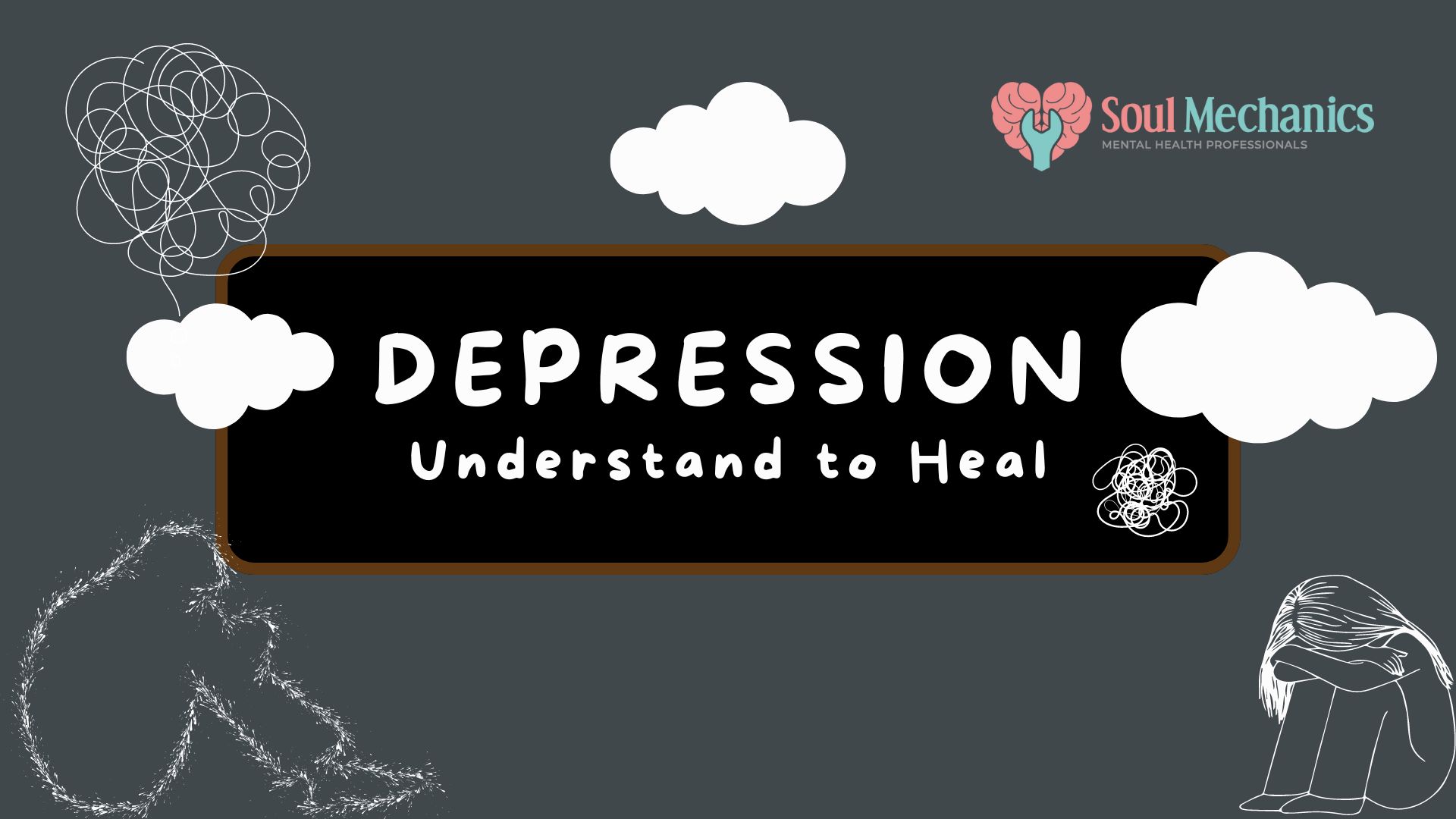Depression: Understand to Heal
Depression: Understand to Heal

Written By: Shaundtrya Ganasan, Licensed Counselor (KB11097)
Depression; is a term that we often hear. We often misunderstand sadness with depression. We often see people labelling themselves or those around them as ‘depressed’ individuals. What depression, actually is? Is feeling sad, burnout at work, having difficulty managing relationships, and struggling with daily chores and responsibilities labelled as depression? Depression is more than feeling sad over frequent, unpleasant days or feeling bad about a fight with your parents. Depression is a mental health condition categorized by persistent feelings of sadness, hopelessness, or emptiness. It goes beyond the usual temporary mood fluctuations or sadness. It affects one’s emotions, thoughts, behaviours, and overall well-being, pushing them toward noticeable impairment in their quality of life and daily functioning.
Reminder: If you or your loved ones are struggling with mental health conditions, please don't hesitate to reach out to us at Soul Mechanics KD or Soul Mechanics Ipoh. Remember, seeking help is not a sign of weakness but strength!
The common symptoms that one with depression may experience:
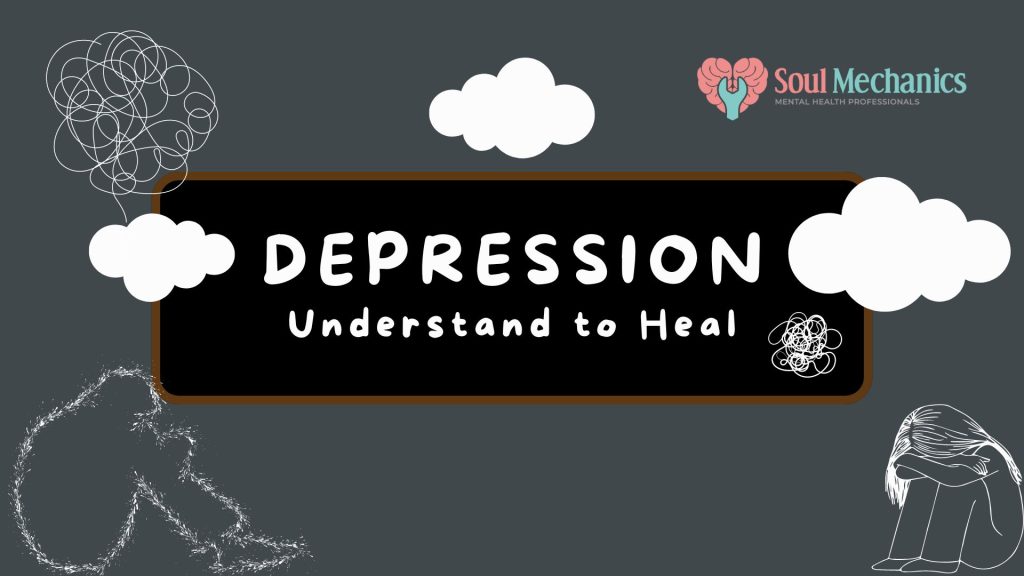
- Depressed Mood (e.g. sad, hopeless, empty, irritated)
- Loss of pleasure or/and interest (e.g. hobbies, sports, intimacy)
- Frequent anger outbursts on trivial matters
- Change in sleep (e.g. oversleeping or insomnia)
- Change in appetite (e.g. eating less or overeating)
- Fluctuation in weight (e.g. noticeable weight gain or loss)
- Frequently feeling fatigued and body aches (e.g. small tasks take extra effort)
- Frequently experience restlessness, anxiousness or agitation
- Feeling hopeless or guilty
- Trouble focusing and remembering things
- Frequent thoughts of self-harming, suicide or death
Depression’s roots can vary from one individual to another, such as biological, life events, environmental factors, etc. For some, the root of depression may be due to the combination of a few factors. Below are some common factors that contribute to the development of one’s depression:
Childhood
Experiencing an unhappy Childhood, such as neglect, abuse, witnessing trauma, death, etc., can have a long-lasting, imprinting impact on the child’s mental health. It also increases the child’s likelihood of developing depression in later years of life.
Life Events
Traumatic life events, such as the loss of loved ones, relationship issues, exposure to abuse, financial constraints, etc., can develop depression in an individual.
Chronic Stress
Exposure to chronic stress for an extended period, such as in relationships, child care-taking, ongoing conflicts, family disagreements and misunderstandings, can increase one’s risk of depression development.
Medical Conditions
Experiencing or being diagnosed with medical conditions, such as diabetes, cancer, heart issues, etc., can push one towards prolonged sadness and may experience difficulty accepting their condition, leading to the risk of developing depression.
Unhealthy Thinking Patterns
Persistent and unacknowledged unhealthy thoughts, disoriented thinking styles, self-critical and harsh towards self, leading to low self-love and self-esteem. This increases one's possible risk of depression development.
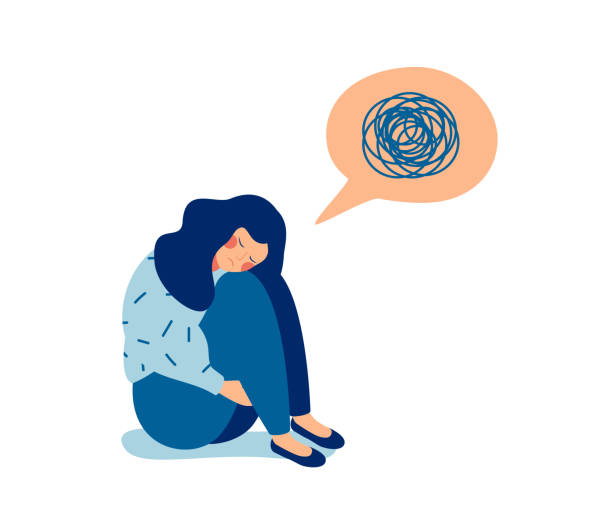
Ineffective Coping Skills
Unhealthy and ineffective coping skills such as substance abuse, numbing and avoiding emotions, self-harming, engaging in risky behaviours, making self busy, etc., can lead one towards developing depression.
Reminder: If you or your loved ones are struggling with mental health conditions, please don't hesitate to reach out to us at Soul Mechanics KD or Soul Mechanics Ipoh. Remember, seeking help is not a sign of weakness but strength!
Personality Traits
Certain personality traits, such as maintaining perfectionism, worrying excessively, and high self-judgement, can increase depression development risk.
It is crucial to note that the causes of depression can be complex; not everyone experiencing the factors mentioned above may develop development. Nevertheless, once depression is developed, several factors contribute to its prolongation. Below are some factors that can cause one to experience prolonged depression:
Factors that Maintains Depression:
Thinking Pattern
Persistent unhealthy outlook on life, self, and the world, can contribute to the maintenance of depression. These thought patterns can reinforce one with unhealthy and intense emotions and push them to continue the cycle of feeling hopeless and pessimistic.
Rumination
Dwelling and ruminating on unpleasant past life memories, failures, and experiences, can prolong one’s depression, hindering their healing due to excessive focus on the perceived shortcoming of life in the past.
Social Isolation or Lack of Support
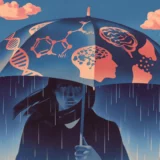
Social withdrawal or isolation, or having inadequate social support, contributes towards prolonging one’s depressive symptoms, as social support is vital for the overall mental well-being of one. The absence of it can worsen and prolong the symptoms.
Lack of Treatment or Therapy
Lacking treatment or therapy can lead to persistent depressive symptoms. Lack of access to mental health services or failure to take prescribed medications by professionals can contribute to experiencing prolonged depression.
If you are feeling that you are experiencing depression, it is highly recommended to screen from a professional and certified therapist, and not to self-diagnose. If you are diagnosed with depression by a professional therapist, below are a few things one who is experiencing depression can do:
What One Experiencing Depression Can Do:
Seek Professional Assistance
Seek out the assistance of mental health practitioners, who can provide more specific guidance on exploring your depression, the roots, and the triggers, and develop achievable coping skills to gradually overcome or keep the depressive symptoms from escalating.
Challenge Unhealthy Thoughts
Practice mindful thinking patterns by working on re-framing unhealthy thinking patterns. Be more compassionate towards self and challenge thoughts that are harsh on self with a more positive and realistic perspective. Practice gratitude journaling to shift the thoughts towards more positive life aspects.
Establish Healthy Habits
Establish and create more healthy self-care habits, such as eating a healthy diet, having sufficient sleep, exercising, engaging in relaxing activities, etc., that can improve mental health and well-being. These lifestyle changes can lead towards improved mood and a more positive perspective towards self.

Set Realistic Goals
Practice accomplishing tasks by breaking them down into smaller, achievable goals. This would provide a sense of achievement when each task is ticked off from the list, leading towards boosted self-confidence.
Avoid Social Isolation
Depression often causes one to withdraw socially. Try to engage in social interactions with loved ones and surround yourself with supportive individuals who can provide encouragement, understanding, and listening ears when depressive symptoms appear. It would provide you with a sense of belonging, and you’re not alone in the process.
It is essential to remember that depression recovery takes time, consistent efforts, and patience. It is crucial to seek a professional mental health practitioner’s assistance when the symptoms escalate, or you find it challenging to manage them. Below are some ways in which therapy can be beneficial to one who is experiencing depression.
Therapy Role in Overcoming Depression:
Psychoeducation on Depression
Through therapy, you can psychoeducate yourself on depression and its nature. Therapy helps one to identify and understand their depression, the triggers, underlying contributing factors, etc. This helps one to gain more insight into their depression nature, which would help you to view depression from a different perspective, leading towards reduced self-blame and increased motivation towards healing.
Emotional Support
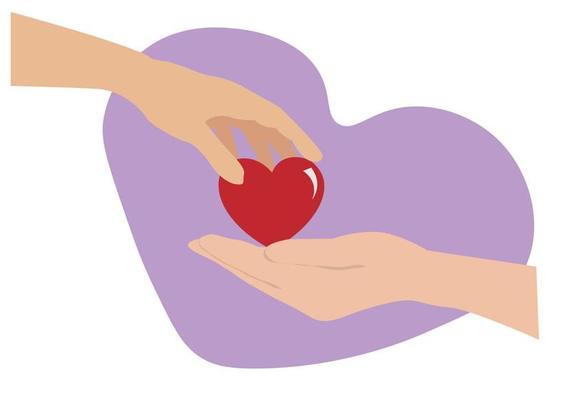
In therapy, one has a safe and comforting space to explore emotions. Having a safe space to confront the demons within them is the first step towards feeling a sense of emotional support. Therapists also provide one with a space that helps them to express their emotions and thoughts with the fear of judgement, valuable emotional support, and validation of their experiences. This support further facilitates one to process their depressive experiences and create effective coping styles with the therapist's guidance.
Relapse Prevention
Therapists can assist one in developing strategies to cope with their depressive symptoms and gradually reduce the intensity of their depressive episodes, which also minimizes the risk of relapse or future depressive episodes. You can also learn to identify early triggers and implement healthy coping styles before depression relapses and hits with greater force through therapy.
Developing Healthier Coping Skills
Therapy provides you with a safe and non-judgmental space to explore different coping styles to work on your depression that work the best for you, which includes stress management skills, relaxation techniques, practical problem-solving skills, improved conflict management skills, and communication skills. This would further you to prioritize your mental health and emotional well-being gradually.
Conclusion
In short, depression does not define who you are. It is a part of you, not you. With adequate support and guidance from a therapist, you can gradually reduce or overcome your depressive symptoms and episode intensity. Seeking mental health assistance for your depression is never weak; it is a sign of strength. Strength to acknowledge your issue and willingness to seek assistance for your overall well-being. It is a sign of love towards self. You are never alone in this process; seek assistance from your nearest mental health therapist.
If you’re looking for a therapist in Kota Damansara or Ipoh area, you can click here for more information.
If you enjoyed reading this, why not broaden the horizon of knowledge by learning about "The Mind’s Tug-of-War: Cognitive Dissonance"? You can read the blog here.
For more content related to mental health do follow us on our official Instagram.

